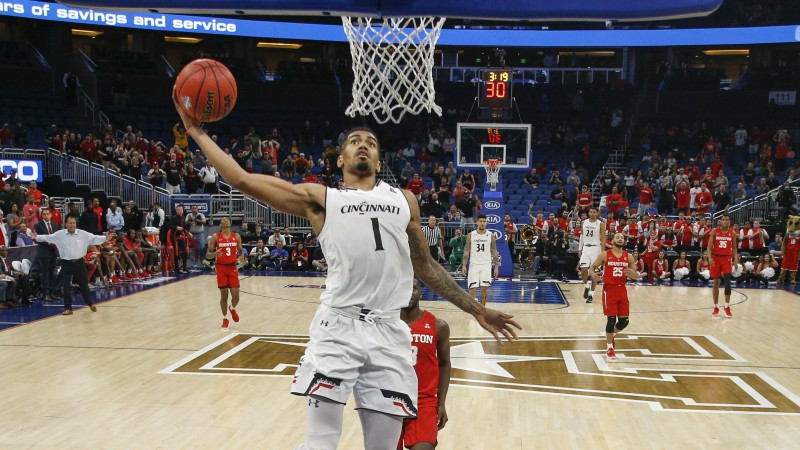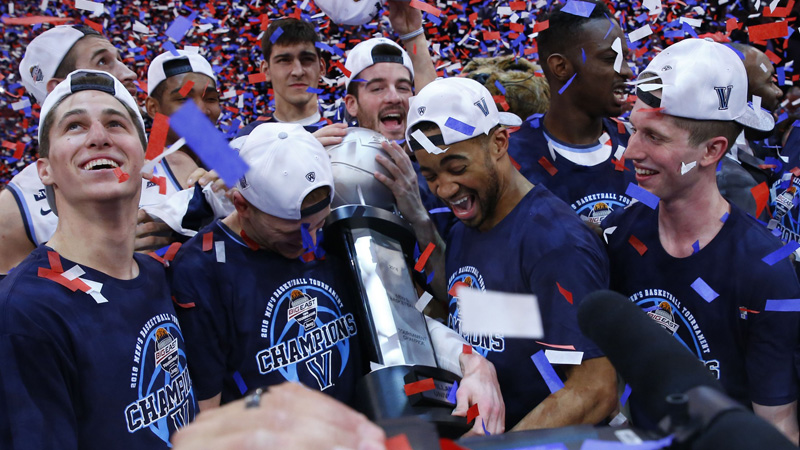Bales: 5 Tips for Your March Madness Brackets
Photo credit: Reinhold Matay-USA TODAY Sports
One of my favorite people in DFS — Jay Raynor aka BeepImaJeep — is a super-creative tournament player famous for knowing next to nothing about sports. He’s learned a bit more since he started playing daily fantasy, but people are always shocked to learn that Jay, who doesn’t really have much interest in watching sports, at one point didn’t know the difference between a cornerback and a quarterback. And he’s one of the top guaranteed-prize-pool players I’ve ever met.
Jay’s approach has been to solve the game of DFS primarily through means other than predicting player performance. That means looking at things like lineup construction, correlations and, specifically, game theory as opposed to obsessing over whether Mike Trout should be projected at 0.33 home runs or 0.29 home runs.
It might sound ridiculous to say that the most important things for DFS players to focus on aren’t even related to sports, but I think that’s indeed the case for two reasons. First, there’s a much larger potential edge in those areas. If you “win” in predicting ownership, you have a bigger advantage than you do if you win in projecting on-field performance, which is closer to being solved.
Second, it’s fairly easy to outsource performance projections because of all the work others are doing. So although projecting on-field performance matters — duh — it’s perhaps not an incredibly efficient use of time. For my March Madness brackets, for example, it took me like 30 minutes to aggregate the win probability projections from KenPom, FiveThirtyEight and Ed Feng (I highly recommend his book on March Madness strategy, by the way).
This general idea — that winning in DFS is more about solving a game than predicting sports outcomes — extends to March Madness bracket strategy, too (and even more so). I’m actually pretty fascinated with March Madness even though I know next to nothing about college basketball, with the idea being that we aren’t really competing to predict game outcomes as much as we’re competing to exploit flaws in how people think about statistics and general weaknesses in game theory comprehension.
So, coming from someone who almost certainly knows less about college hoops than you, here are five tips for winning your bracket.






